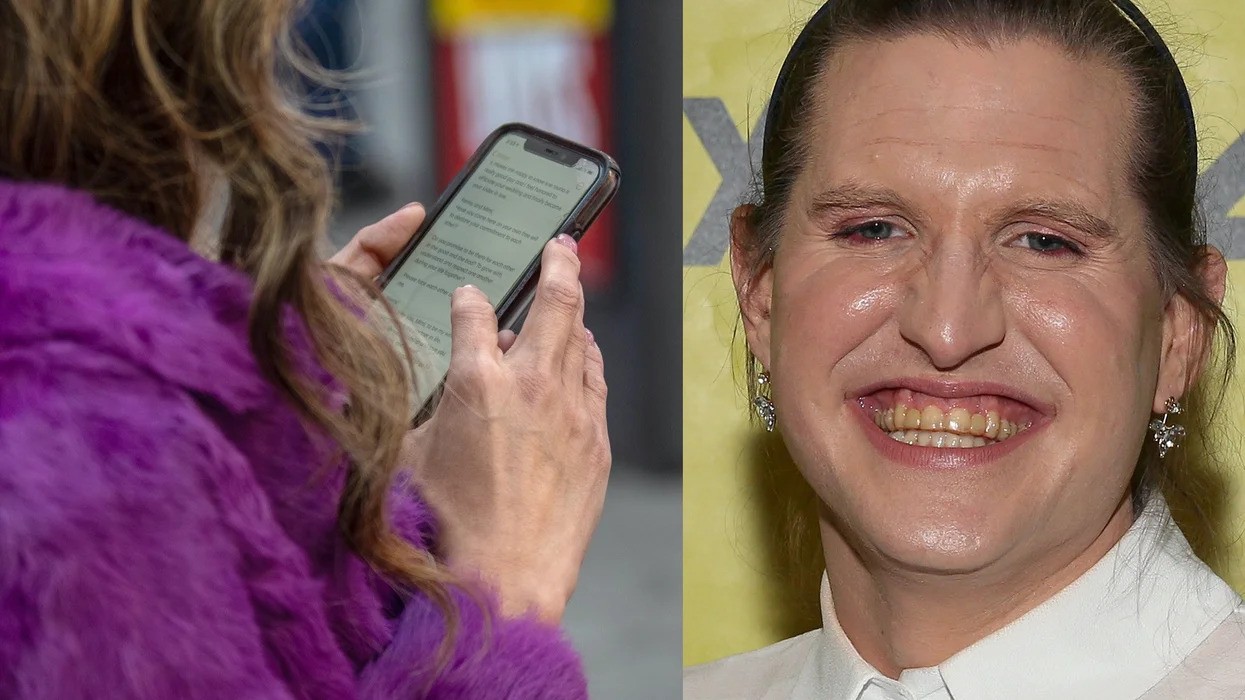A left-wing “voter mobilization” group recently acknowledged a major blunder: sending misleading texts to thousands of voters, falsely stating they had already voted in the upcoming election. These messages, distributed by the organization AllVote, have caused confusion in critical battleground states.
Charlotte Clymer, a prominent transgender activist and spokesperson for AllVote, explained to CNN that the miscommunication affected “several thousand registered voters” in Pennsylvania. However, that’s not the only state feeling the ripple effects. North Carolina and Arizona officials also flagged similar texts for spreading misinformation.
The controversy erupted when AllVote’s texts claimed voters had cast ballots in the November election. But, according to Clymer, the group intended to reference votes cast in the previous 2022 election. A simple omission of the phrase “in 2022” transformed the message into a perplexing and misleading statement.
Despite the uproar, Clymer attributed the incident to overworked staff. ““unfortunate copy-editing error” was made by “staff working long hours.,” Clymer stated, attempting to downplay the oversight.
History of Similar Accusations

AllVote has faced scrutiny for similar tactics in other states. In Michigan, critics accused the organization of dubious texting practices. Meanwhile, in Wisconsin, the Election Commission condemned AllVote for sending links that appeared to direct voters to official municipal sites but, in reality, were incorrect. The commission highlighted the confusion these texts created, emphasizing the organization’s responsibility to present accurate information.
“Voters should be very careful when dealing with this type of unsolicited outreach, as the information being put forth is often inaccurate and misleading,” warned Meagan Wolfe, the Wisconsin Election Commission administrator. The misleading communications, she stressed, have the potential to damage voter trust.
Clymer, however, insisted that AllVote made every effort to prevent the spread of false details.
“We take every step to ensure we don’t send voters incorrect information,” Clymer reassured CNN.
The activist also disputed claims that the group had posed as official election representatives, clarifying that their intentions were not to deceive.
Unanswered Questions Remain

Questions surrounding the group’s funding linger. AllVote did not respond to CNN’s inquiries about the financial backers behind these expansive voter mobilization efforts. And as the controversy escalates, more states are raising red flags. Alongside Pennsylvania, both North Carolina and Arizona have identified these texts as potential “scams,” warning residents to be vigilant.
Clymer’s Activism in the Spotlight
Charlotte Clymer’s name is not new to headlines. Known for championing transgender rights, Clymer stirred additional attention by using female pronouns for God and asserting that God created the activist as a transgender person. This latest incident has thrust Clymer—and AllVote—back into the spotlight, reigniting debates about the impact of activist-led political efforts on voter trust.
In this high-stakes election season, these errors come at a significant cost, sowing confusion where clarity is needed most.



